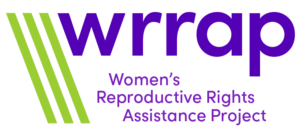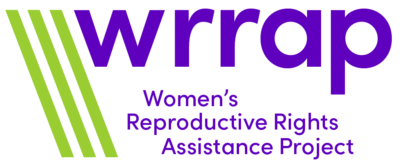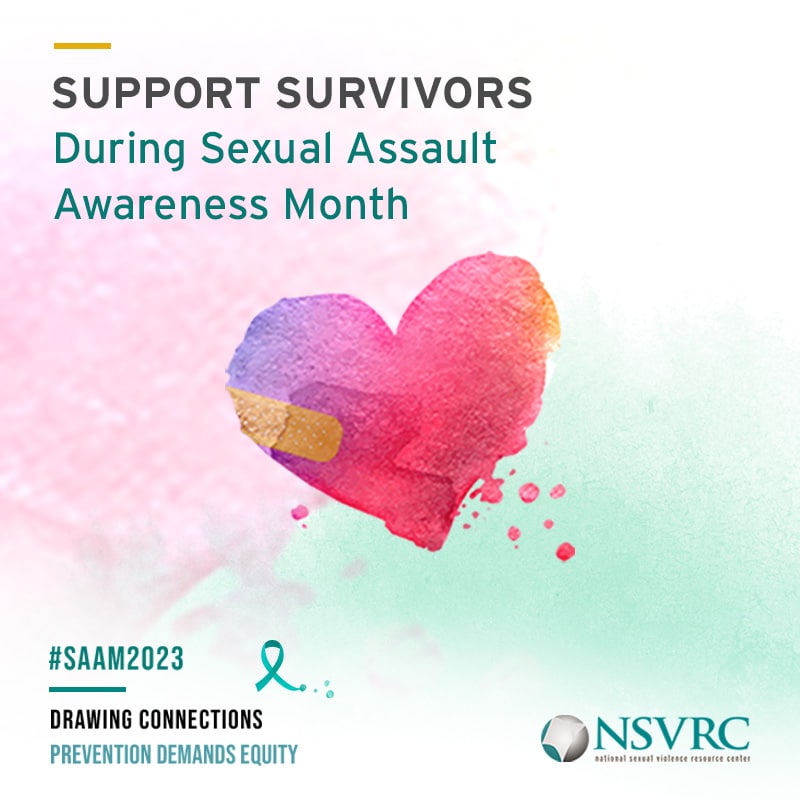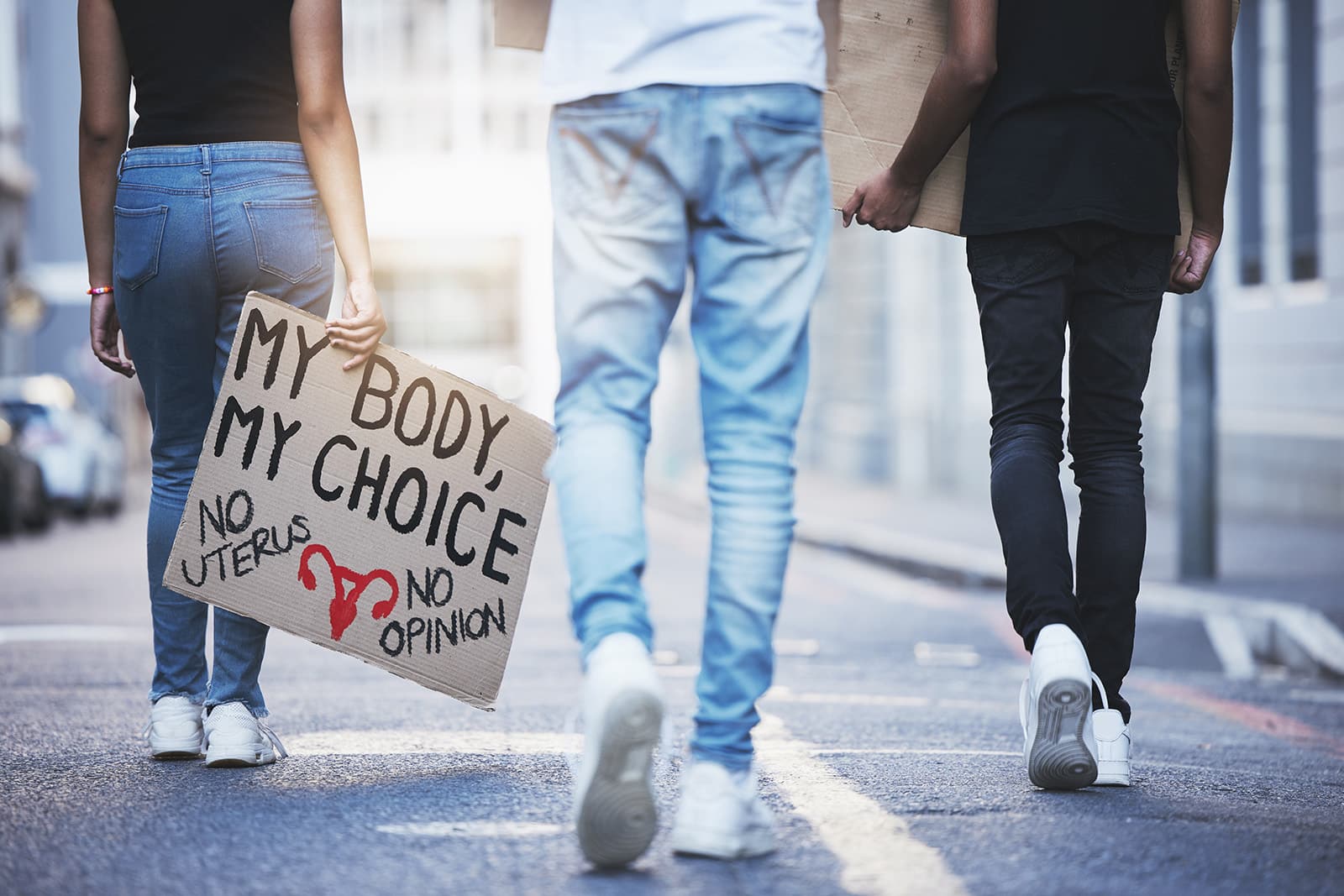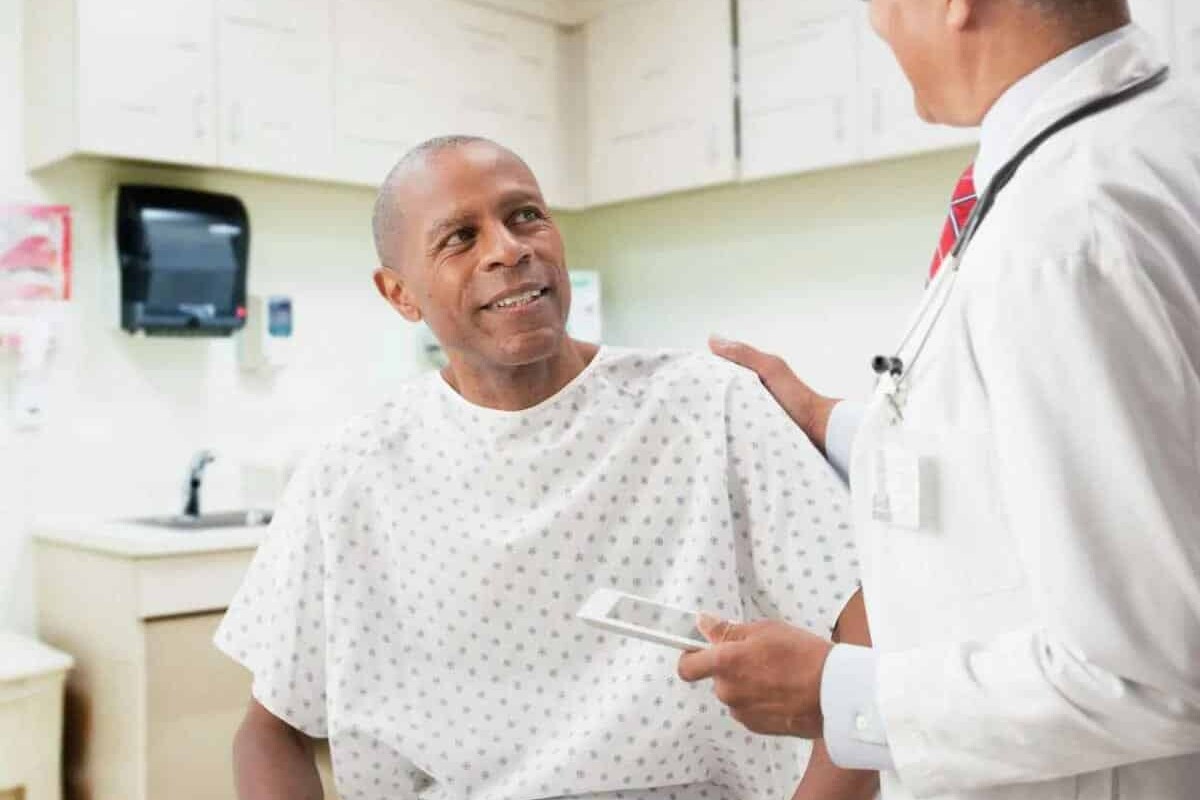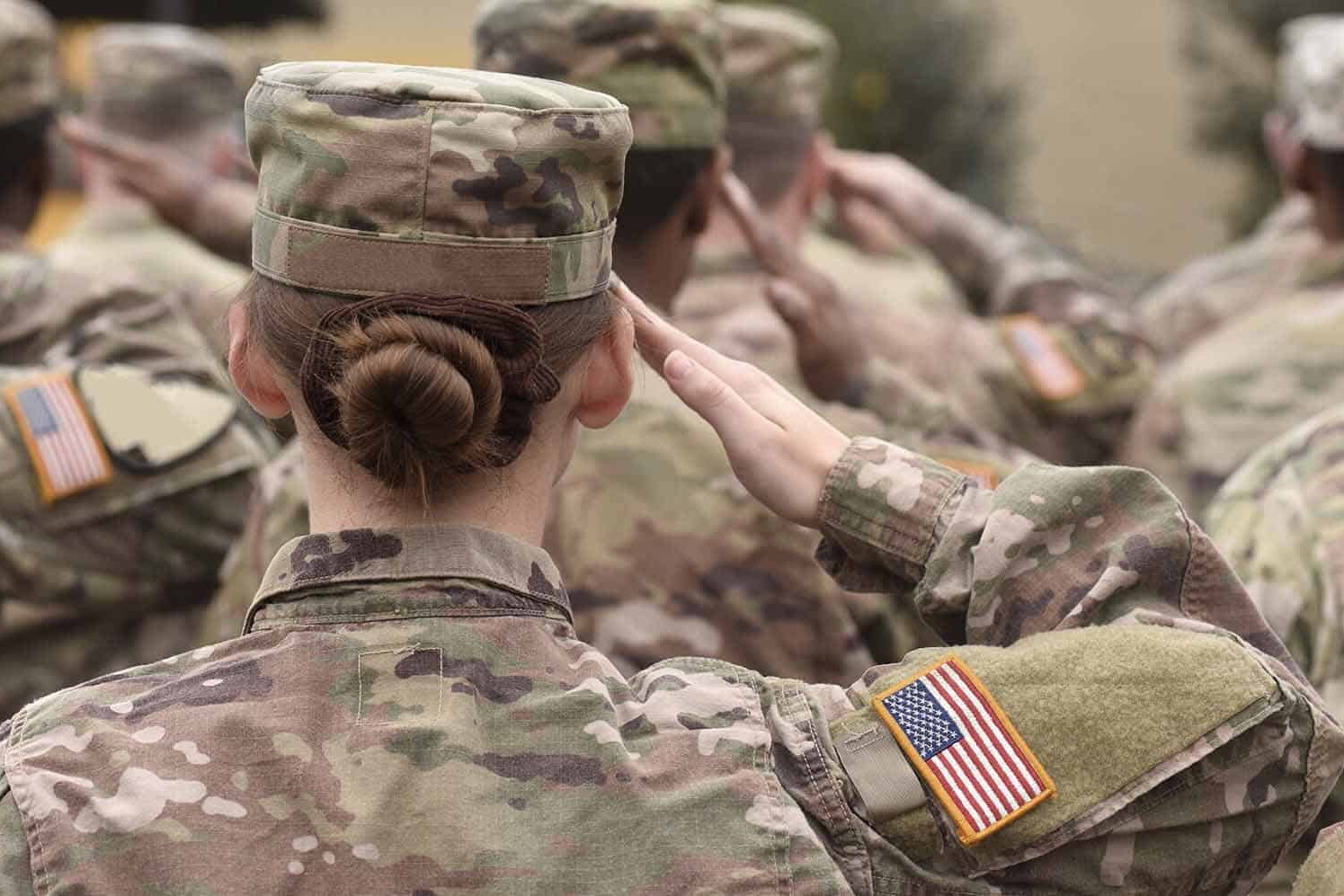Centering the needs of sexual assault survivors
Sexual Assault Awareness Month is a chance to reaffirm our commitment to stopping sexual assault and to remind everyone to believe survivors, challenge victim-blaming and respect boundaries.
No one asks to be sexually assaulted, and we need to continue to amplify beyond Sexual Assault Awareness Month (April) that predators need to be held accountable – not survivors.
One in three women have experienced a rape or attempted rape worldwide, and one in four girls will be sexually abused before they turn 18 years old. Despite 20% of women experiencing sexual assault on college campuses, more than 90% of campus assaults are never reported. THIS public health problem is preventable.
Violence is preventable. The health sector has an important role to play to provide comprehensive health care to individuals subjected to violence, and as an entry point for referring survivors to other support services they may need.
Abortion bans continue to have devastating consequences for survivors of sexual assault. For survivors who become pregnant as a result of rape or sexual assault, the decision to have an abortion is a deeply personal and often painful one. Abortion bans, however, seek to strip survivors of that choice, forcing them to carry an unwanted pregnancy to term and/or with the most recent abortion bans having to show proof that they had been assaulted with documentation from the police. These bans, which seek to criminalize abortion at various stages of pregnancy, make it even more difficult for survivors of sexual assault to access the care they need and want.
This is not only a violation of survivors’ bodily autonomy and reproductive rights but also an affront to their emotional well-being. For many survivors, pregnancy resulting from sexual assault is a constant reminder of the trauma they have experienced. It can lead to anxiety, depression, suicide, and a host of other mental health issues.
Abortion is a crucial component of comprehensive sexual assault care, and denying survivors the right to access that care can have serious consequences. Survivors may be forced to relive their assault if they are forced to continue their pregnancy, and they may be denied the chance to move on with their lives. For WRRAP, we know that we have more patients who have been sexually assaulted then we have data for.
Moreover, abortion bans perpetuate a culture of shame and victim-blaming that further harms survivors. By denying them the right to make their own decisions about their bodies and their futures, these bans suggest that survivors are not capable of making informed choices about their own lives.
It’s important to remember that survivors of sexual assault deserve the right to make their own decisions about their bodies and their futures. Abortion bans not only deny them that right but also perpetuate the very same power dynamics that enable sexual assault in the first place. They reinforce the idea that survivors are not in control of their own lives and that they must be subject to the will and decisions of others.
As a society, we must stand with survivors and ensure that they have the resources and choices they need to heal and move forward. We must continue to protect the rights of survivors of sexual assault and work towards supporting survivors and ensuring that they have access to the care they need. Only then can we hope to build a world where survivors are able to heal and thrive, free from the burden of unwanted pregnancies and the stigma that comes with them.
Written by:
Sylvia Ghazarian, Executive Director of WRRAP
Column first appeared in The Beaumont Enterprise
Sylvia Ghazarian
Sylvia Ghazarian is the Executive Director of WRRAP. She leads WRRAP to successfully achieve its mission — ensuring that financially-disadvantaged individuals of all ages, ethnicities, cultural backgrounds, gender identities, and sexual orientations can access abortion care and emergency contraception. A dedicated community activist and leader, Sylvia has been appointed by the Mayor of Los Angeles for over 12 years to chair the Commission on the Status of Women (COSW), investigating and advocating at a policy level on issues related to healthcare, poverty, domestic and sexual violence, rape, human trafficking, homelessness, data collection, child care and early development, and mental health.
